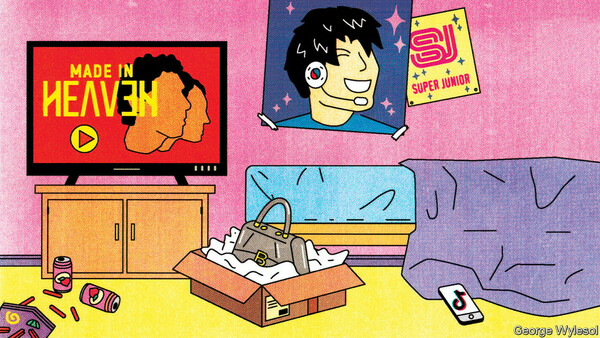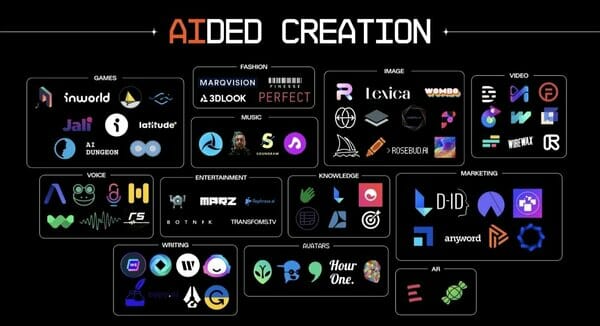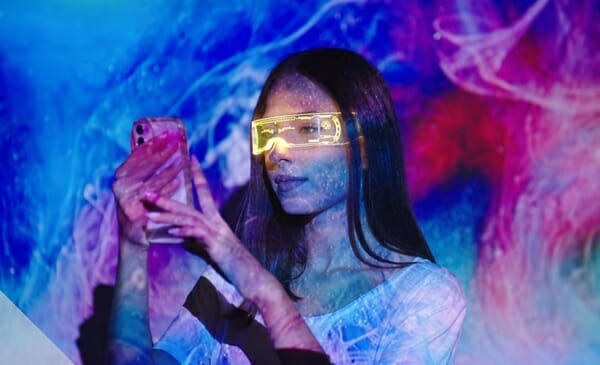On the 15th of October our book “Real Fake – Playing with Reality in the Age of AI, Deepfakes and the Metaverse” has been released. It is our take on synthetic media, deepfakes, fake news, conspiracy theories, memes, internet culture, Generation Z and Alpha, crypto, narrative economics, virtual humans, CGI influencers, vTubers, NFTs, DAOs, VR, Web3, the Creator Economy and the Metaverse. Real Fake is about how humans continuously manipulate reality and how new digital technology tools enable us to go one step further in this ancient game.
The Age Of Synthetic Media Has Now Really Begun
“The technology is now spreading rapidly, faster than AI companies can shape norms around its use and prevent dangerous outcomes. Researchers worry that these systems produce images that can cause a range of harms, such as reinforcing racial and gender stereotypes or plagiarizing artists whose work was siphoned without their consent. Fake photos could be used to enable bullying and harassment — or create disinformation that looks real. […] Once the line between truth and fake is eroded, everything will become fake.”
Reality Is Just a Game Now

“The unity we felt watching the news unfold on TV gave way to the division we feel watching events unfold online. We all know that social media has played a part in this. But we should not overestimate its impact, because the story is much bigger. It is a story about the shifting foundations of reality itself — a story in which you and I are playing along.”
This is exactly the point we are making in our own book Real Fake.
How Pop Culture Went Multipolar

“Throughout the 20th century, cool was mostly a Western thing. From flappers to hip-hop, people looked to cities like London, New York and Paris for fashion, music and entertainment. After the cold war, as the world grew richer and more connected […] many people feared that the West’s cultural dominance would keep growing and ultimately produce a global monoculture. The opposite has happened.
Two things have driven the emergence of multipolar pop culture. The first is economic growth in countries that until recently were poor. Rising incomes give consumers more money to spend, much of which goes to local musicians and film-makers. More money in turn means more artists. The second factor is the rise of the internet, which has created many more opportunities to put out content.”
It’s the decentralization of cool. Also read the article “The Post-Icon Age” by Ana Andjelic.
Machine Learning: Are Designers Even Needed Anymore?

Brilliant show case where designers used AI to create and develop visuals for a new soda. “We can thus treat automation and AI as partners in experimentation, offering new perspectives and unexpected results outside of the language that we’re already familiar with.” It is AIded Creation.

Inside Mark Zuckerberg’s Metaverse Struggles
“Why don’t we love the product we’ve built so much that we use it all the time? The simple truth is, if we don’t love it, how can we expect our users to love it?”
To ask the question is to answer it…
This Is Life In The Metaverse
“For now, though, the company [=Meta] is still constrained by the physical world, and by the fact that most people, apart from those currently in the metaverse, aren’t keen to spend hours and hours of their day “in the plastic.””
The big vision about the metaverse might be right. But after reading this article it’s perfectly clear that the metaverse still has a long way to go. It is simply too early. Maybe in ten years.
MUST READ: Gen Z And The Metaverse

A multi-market study on how Gen Z currently experience the metaverse and the role they want to play in its future.
The key findings are:
- Awareness of the metaverse is low but engagement is high
- Social experience is a key draw to the metaverse
- Identity in the metaverse is a new opportunity for experimentation
- Virtual assets are a draw for some
- Technology is central to their conception of the metaverse
- Gen Z want to build the metaverse so it reflects their values
“The metaverse presents a new frontier for our Gen Z. The rapidly changing world of the past five years has prepared our Gen Z to adapt to sudden onset changes and disruptions – from social and political unrest, global pandemic, and the threat of war – and poised them for entry to the metaverse as they seek stability and an escape from the realities of the physical world. It presents them with the opportunity to navigate, cultivate, and innovate a virtual space that defies physical world limitations, shaping it to reflect their values. It represents the chance to build something which lasts, and live the experiences of youth on their own terms. When it comes to the metaverse, our Gen Z are not just digital natives – they’re technological pioneers.”
Lil’ Fake, The World’s First 100% AI-Rapper

“Lil Fake‘s fake face is 0% human, and 100% ai-generated. As are his movements, as is his high pitched sounding voice, his outfit, everything. Although ‘LF’ may look like a ±40 year old obese guy, he was actually born september 18th, 2022, and artificially made in just seconds.”
DeepFake and AI Will Together Fool Everyone
MUST WATCH: Faux Chevron Ad
Contact
Real Fake is a weekly newsletter in which SogetiLabs’s Research Institute VINT examines the future where synthetic reality becomes part or our objective reality. We investigate the impact of new technology on people, organisations and our society. If you have any questions or comments, do not hesitate to contact us. You can reach us at vint@sogeti.com.

 English | EN
English | EN 